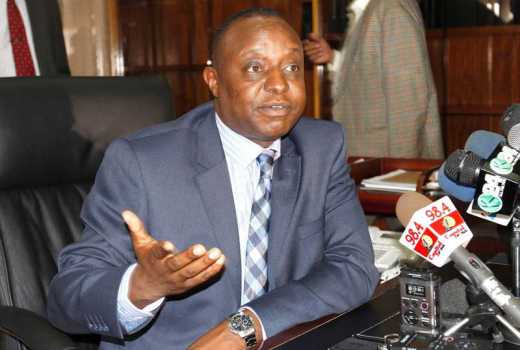×
The Standard e-Paper
Home To Bold Columnists

NAIROBI, KENYA: Trade unions, including KUPPET, KNUT, COTU have been up in arms against the about-to-be implemented 7.5 percent reduction from the teachers and civil servants pay for Contributory Pension Scheme (CPS).
Though they are right on its immediate effect on civil servants, teachers and other workers, I strongly feel that pension reform in Kenya is long overdue.